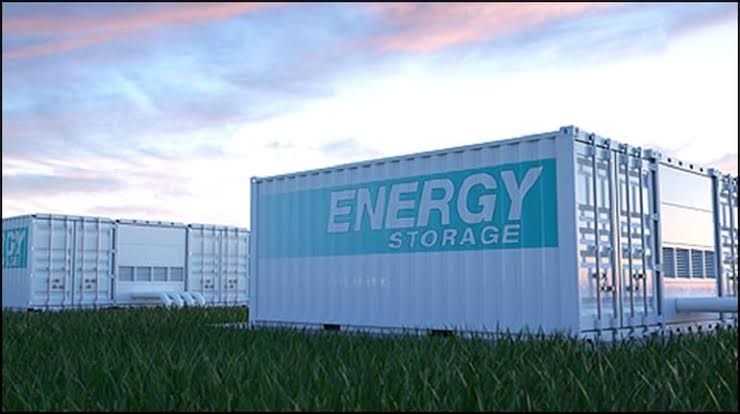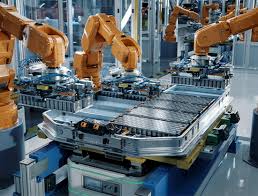In a significant move to strengthen India’s advanced battery manufacturing sector, the Ministry of Heavy Industries (MHI) has signed a Programme Agreement with Reliance New Energy Battery Limited, a subsidiary of Reliance Industries Limited. This agreement, signed on February 17, 2025, grants the company a 10 GWh capacity under the Production Linked Incentive (PLI) Scheme for Advanced Chemistry Cell (ACC), making it eligible for incentives under the ₹18,100 crore initiative. The award follows a competitive global tender process and marks a major step forward in India’s efforts to establish a robust domestic battery ecosystem.
 The PLI ACC Scheme, approved in May 2021, aims to achieve a total manufacturing capacity of 50 GWh to support India’s clean energy transition. With this latest signing, 40 GWh of capacity has now been allocated to four selected firms. The first round of bidding, held in March 2022, saw three companies being awarded a total of 30 GWh, with agreements signed in July 2022. The scheme offers a technology-agnostic approach, allowing beneficiary firms to choose the most suitable processes and materials for setting up world-class ACC manufacturing units. This initiative is particularly crucial for sectors such as electric vehicles and renewable energy storage, where cost-effective and high-performance battery solutions are essential.
The PLI ACC Scheme, approved in May 2021, aims to achieve a total manufacturing capacity of 50 GWh to support India’s clean energy transition. With this latest signing, 40 GWh of capacity has now been allocated to four selected firms. The first round of bidding, held in March 2022, saw three companies being awarded a total of 30 GWh, with agreements signed in July 2022. The scheme offers a technology-agnostic approach, allowing beneficiary firms to choose the most suitable processes and materials for setting up world-class ACC manufacturing units. This initiative is particularly crucial for sectors such as electric vehicles and renewable energy storage, where cost-effective and high-performance battery solutions are essential.
During the signing ceremony, senior officials from MHI highlighted the scheme’s role in driving local value addition while ensuring India’s battery manufacturing costs remain globally competitive. The government’s push for self-reliance in this sector is further reinforced by measures introduced in the Union Budget for FY 2025-26, which include the exemption of 35 additional capital goods for EV battery manufacturing from Basic Customs Duty. This strategic move is expected to boost lithium-ion battery production and enhance domestic manufacturing capabilities.
The Ministry remains committed to fostering an environment conducive to innovation and investment. By strengthening the domestic supply chain and attracting foreign direct investment, India is positioning itself as a global hub for advanced battery manufacturing. The initiative has already spurred Indian companies to set up cell manufacturing facilities, with more than 10 firms planning additional capacity of over 100 GWh. This progress signals a transformative shift towards a cleaner, self-reliant future, where sustainable energy solutions become the backbone of India’s economic and environmental goals.




